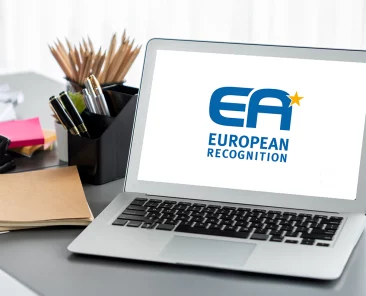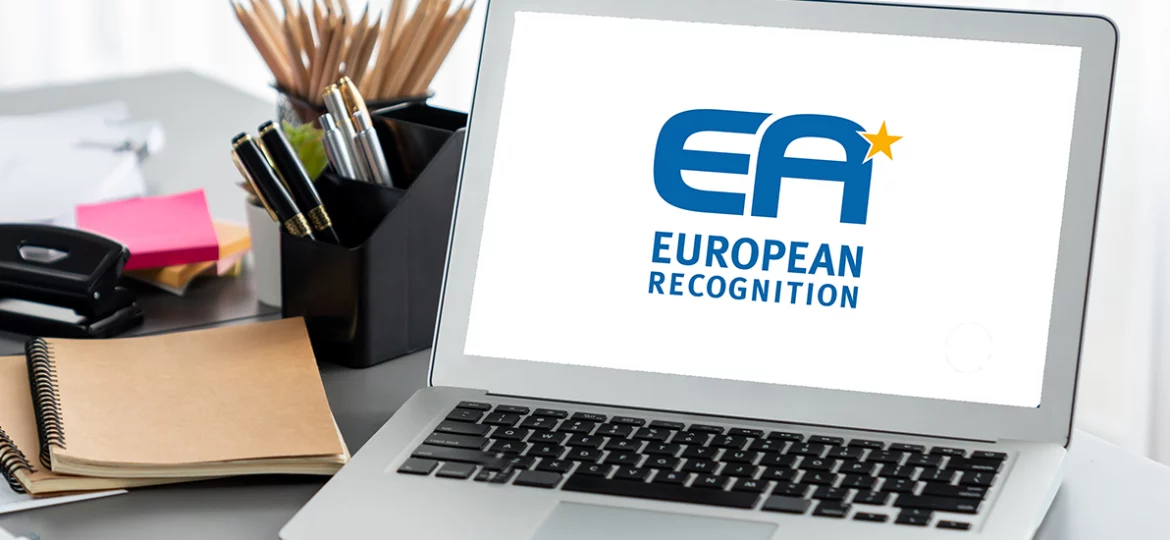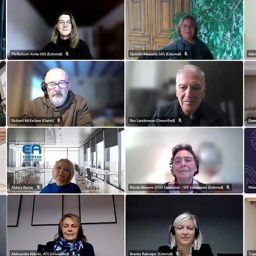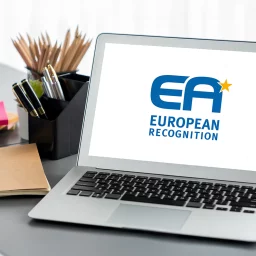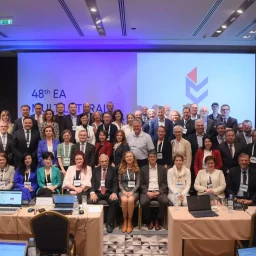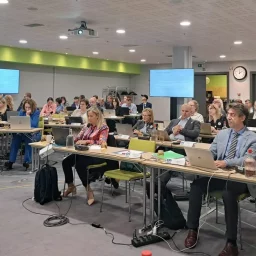To read the MLA Report 2024, click here.
To read the summary infographic, click here.

As of the end of 2024, the MLA has seen 44 EA Member signatories, reinforcing the collective commitment to maintaining high standards and fostering mutual recognition in the realm of accreditation. Notably, Armenia’s National Accreditation Body (ARMNAB), having applied for MLA signatory status in December 2023, underwent pre-evaluation in 2024, with a final decision expected in early 2025.
While the number of signatories remains largely stable across most scopes, there has been a slight increase in key areas, such as validation and verification, proficiency testing provision, and reference material production. This growth reflects the continued importance of these sectors within the MLA framework.
In 2024, EA also welcomed 14 new peer evaluators, reflecting the ongoing enhancement of evaluator resources despite the usual turnover associated with new evaluator training. Efforts to maintain a steady and qualified pool of evaluators reinforce the integrity of the peer evaluation process, which remains the key factor in the MLA’s success.
A particularly historic moment for the MLA in 2024 was the celebration of the 50th meeting of the Multilateral Agreement Committee (MAC). This milestone offered a moment of reflection on the progress made since the MLA’s inception, recognizing the invaluable contributions of the MAC members in shaping the framework and ensuring the continued credibility of accredited services.
Looking forward, the MLA remains a crucial pillar in supporting both the economic framework of Europe and the authorities, as well as end-users who depend on accredited services for trust and quality assurance.
The accomplishments of 2024 are a direct result of the MLA’s resilience and the unwavering commitment of everyone involved in the MLA process—namely, members of the MAC and its Management Group, peer evaluation teams and trainers, and especially the MAC Secretariat, to whom I am deeply grateful for their efforts in preserving the MLA as a lasting framework that ensures reliable equivalence and mutual acceptance of certificates and reports issued by accredited conformity assessment bodies, both within Europe and internationally.
Maria Papatzikou (ESYD)
Chair of the EA Multilateral Agreement Council
To read the MLA Report 2024, click here.
The EA MLA Mark is not an ordinary mark. It is a collective European & international mark that reflects a shared commitment by all NABs signatories to the EA MLA to competence, transparency, harmonisation, and the specific role and value of the European Accreditation system.
The EA MLA Mark is not an ordinary mark. It is a collective European & international mark that reflects a shared commitment by all NABs signatories to the EA MLA to competence, transparency, harmonisation, and the specific role and value of the European Accreditation system.


